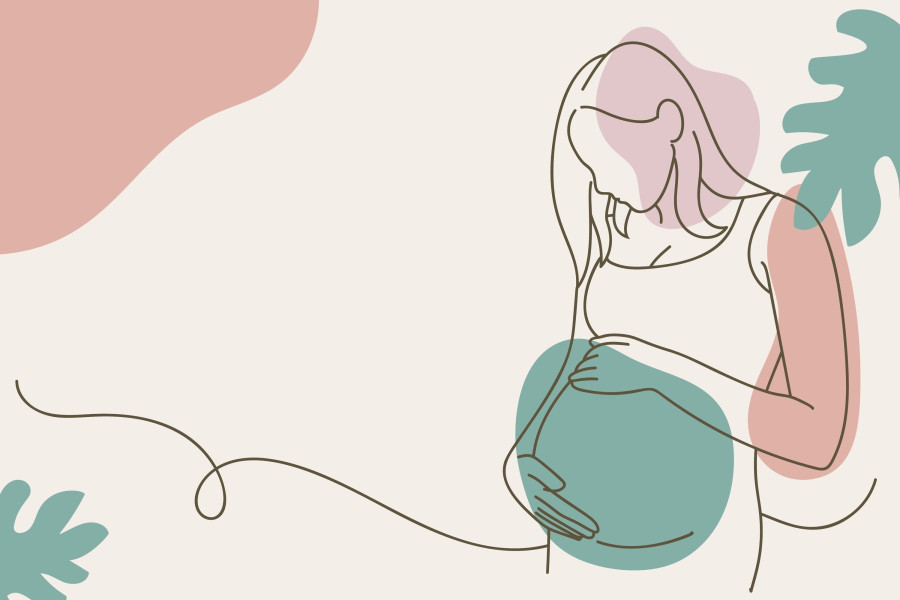Editorial
Mother’s woes
Among pregnant and postnatal women in Nepal, mental health issues are more severe today than ever.
Pregnancy brings with it a host of challenges, including prenatal and postpartum depression. Women often experience incessant sadness, sleeplessness as well as feelings of guilt, hopelessness or worthlessness both before and after childbirth. Many also lose interest in their newborns for a prolonged period after delivery. Among the most depressed today are working mothers who have to sacrifice the most productive years of their lives for their babies, often leaving behind their jobs and careers. Doing this is not easy. The fear of never being able to return to work and the mounting financial pressure weigh heavily on many new mothers.
According to the World Health Organisation, about 10 percent of pregnant women and 13 percent of postnatal women suffer from a mental disorder—mainly depression. The situation is even more concerning in developing countries, with rates at 15.6 percent during pregnancy and 19.8 percent after delivery. Nepal is no exception to this trend as cases of anxiety and depression are rising alarmingly among postnatal women, as evident in Paropakar Maternity and Women’s Hospital in Thapathali, Kathmandu, where doctors refer more than six postnatal women every day for psychiatric and psychological counselling.
In severe cases, mental disorders can lead some women to suicide. As per a 2022 report on maternal mortality by the National Statistics Office, six percent of all deaths were due to suicide, with many women harming themselves during pregnancy. Mental health problems during such a critical period have thus become the second leading cause of maternal deaths, following postpartum haemorrhage and high blood pressure disorders. Unfortunately, due to a lack of mental health screening services at most birthing centres across the country, many women don’t receive proper mental health counselling and treatment.
Studies also show that mental health issues among pregnant and postnatal women in Nepal are more severe today than ever, with approximately 20 percent of women subject to different psychological disorders. This warrants the urgent need to integrate mental health services into general health care across the country’s maternity hospitals. Doing so would not only make healthcare more affordable for pregnant women and support their psychological well-being, but also contribute to the growth and development of newborns. Realising this need, the Ministry of Health and Population initiated outpatient care services at the Thapathali maternity hospital last year with support from the WHO. They even aimed to expand the service to at least one provincial hospital. However, come this fiscal year, the services could not be extended due to a budget crunch, even as the Supreme Court issued a directive to reform Nepal’s mental health policies and services in May.
On the one hand, the government pledges to reduce the maternal mortality rate to 75 per 100,000 births by 2030. But on the other, it continues to underfund the second leading cause of maternal mortality. Pulling back on investments in maternal health could undo the country’s hard-won progress in reducing its maternal mortality rates—from 539 per 100,000 births in 1996 to 239 per 100,000 births in 2016.
The role of family and community health volunteers also cannot be overstated in mental health. It is essential to understand women’s behavioural changes, mood swings and mental health issues and handle them with empathy and care. Everyone should encourage them to overcome fear, seek help and think positively. But again, most importantly, the onus of acknowledging the severity of prenatal and postpartum depression and developing related infrastructure to support women falls on the state. A woman’s right to a safe pregnancy and a smooth postpartum experience is non-negotiable.




 18.12°C Kathmandu
18.12°C Kathmandu














